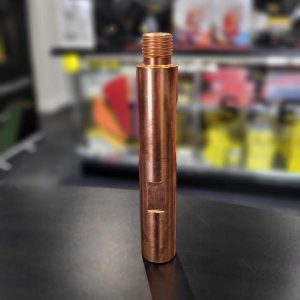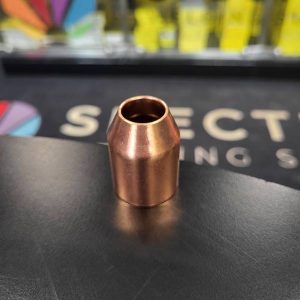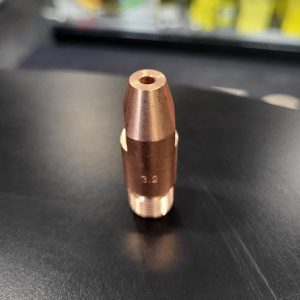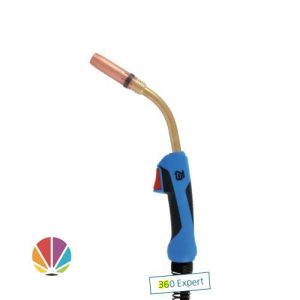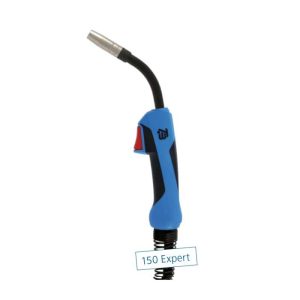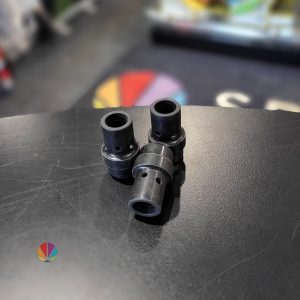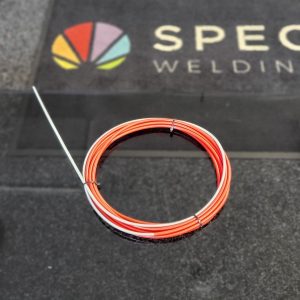Massive and wide ranging stock
of new, used and hire machines
The UK's Smartest Welding Supplier
and the UK's Best Supplier
Sub Arc Consumables
Submerged Arc Welding (SAW):
Submerged Arc Welding is a widely used welding process wherein an arc is generated between a continuously fed electrode and the workpiece.
However, unlike Electroslag Welding, SAW operates with an electric arc beneath a layer of granular flux, which blankets the welding area.
The flux serves multiple purposes, including shielding the arc, promoting metal transfer, and creating a protective slag layer over the weld bead.
SAW is commonly employed in the fabrication of pipes, pressure vessels, structural steel, and other applications where long, continuous high responsibility welds are required.
Advantages of Submerged Arc Welding:
High Weld Quality: SAW consistently delivers high-quality welds due to the continuous nature of the process and the protection provided by the flux.
Versatility: SAW can be used for various joint configurations and base metals grades.
High Deposition Efficiency: This method has a high deposition rate, resulting in less welding time and high productivity.
SEARCH OUR FULL RANGE OF EQUIPMENT
Over 1000 Products
VIEW OUR FULL
RANGE OF EQUIPMENT
An extensive range in stock
See all
array(1) {
[0]=>
string(1265) "
Submerged Arc Welding is a process where an electric arc is struck between a consumable electrode and the workpiece.
Here’s a basic breakdown of the setup of a sub arc welding torch:
1. Power Source: Provides the necessary electrical current to create the arc between the electrode and the workpiece.
2. Electrode: A continuous wire feed is used as the electrode. The wire is fed through the welding torch to provide a steady flow of filler material.
3. Welding Torch: This holds the electrode and directs it towards the workpiece. The torch also controls the delivery of the wire.
4. Flux Hopper: Above the welding area, there is a container called the flux hopper, which holds a granular substance known as flux. The flux is fed through a nozzle around the electrode, covering the arc and molten weld pool. The flux helps prevent oxidation and provides additional protection for the weld.
5. Workpiece: The metal that is being welded serves as the other part of the circuit. The electric arc melts both the electrode and the base metal, fusing them together.
6. Ground Clamp: A ground clamp is attached to the workpiece to complete the electrical circuit, ensuring the arc is formed correctly.
"
}
Submerged Arc Welding is a process where an electric arc is struck between a consumable electrode and the workpiece.
Here’s a basic breakdown of the setup of a sub arc welding torch:
1. Power Source: Provides the necessary electrical current to create the arc between the electrode and the workpiece.
2. Electrode: A continuous wire feed is used as the electrode. The wire is fed through the welding torch to provide a steady flow of filler material.
3. Welding Torch: This holds the electrode and directs it towards the workpiece. The torch also controls the delivery of the wire.
4. Flux Hopper: Above the welding area, there is a container called the flux hopper, which holds a granular substance known as flux. The flux is fed through a nozzle around the electrode, covering the arc and molten weld pool. The flux helps prevent oxidation and provides additional protection for the weld.
5. Workpiece: The metal that is being welded serves as the other part of the circuit. The electric arc melts both the electrode and the base metal, fusing them together.
6. Ground Clamp: A ground clamp is attached to the workpiece to complete the electrical circuit, ensuring the arc is formed correctly.
“The Renegade 300 is the best DC HF TIG welder on the market.”
John Smith
